Sleep anxiety is one of the most common causes of insomnia. In fact, over 80% of all individuals who suffer from insomnia cite anxiety as the cause of their sleeplessness.
In order to get a healthy night’s sleep, the brain needs to let go of stress and worry, but that is easier said than done for many people. When those worrisome thoughts continue after laying your head on your pillow, it can make it very difficult to fall asleep or stay asleep.
The unfortunate thing about sleep and anxiety is that they tend to form a vicious cycle that is nearly impossible to break. While you may be able to point to anxiety as an issue in your life, things become more complicated when you ask yourself the question, “which came first… the anxiety or the insomnia?” The answer is often difficult to pinpoint and, more often than not, it is likely a combination of both.
In most cases of sleep anxiety, it really doesn’t matter which comes first as one will trigger the other and then they build on each other. If you are anxious that can cause you to be unable to sleep properly, which then makes you anxious that you aren’t sleeping properly. Soon the entire thought process is snowballing out of control and becoming a self-fulfilling prophecy of sorts.
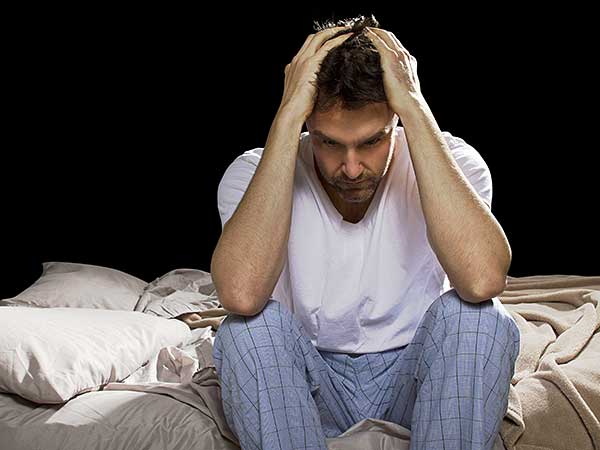
Innovated Captures / stock.adobe.com

Innovated Captures / stock.adobe.com
The problem with anxiety is that it triggers the release of cortisol and adrenaline, the hormones responsible for what is commonly called the “fight or flight” response. In individuals with insomnia, the releasing of these hormones at night interferes with your natural ability to relax and fall asleep or to remain asleep. This is why individuals with insomnia often report feeling both tired and “wired.” They are, in fact, not getting enough sleep because they remain in a constant state of hyper arousal, ready to react at a moment’s notice.
Effects Of Sleep Anxiety And What You Can Do
It’s not surprising, then, that this sleep anxiety can become a real issue, leading to poor performance at work or school and serious health problems including heart disease, heart attack, high blood pressure, stroke and an increased risk for obesity and diabetes. As you can see, it is not something to be taken lightly, a thought that can itself serve to make the condition even worse.
So what can you do if you suffer from increased anxiety that is interfering with your ability to sleep properly? There are many forms of treatment for sleep disorders, each of which has been proven to help to varying degrees. Everything from relaxation techniques and cognitive-behavior therapy to the use of over the counter or prescription sleep aids may work to ease your symptoms and allow you to get a restful night’s sleep.
Cognitive-behavior therapy, or CBT, in particular has actually been successfully employed to treat both insomnia and anxiety. In this approach, individuals learn how to identify and modify behaviors that perpetuate sleep problems including sleep anxiety. Through CBT you learn to recognize your triggers and how you respond to them and take specific steps to change that response to something healthier.
Whether you simply adjust your sleep environment, practice yoga or meditation to relieve stress and relax your body, use herbal treatments to promote relaxation or rely on a sleep aid, there is no reason to let sleep anxiety take over your life. If you feel that anxiety is wreaking havoc on your regular sleep patterns, talk to your doctor today and find out what you can do to take back control over your night’s rest.
Related Articles:


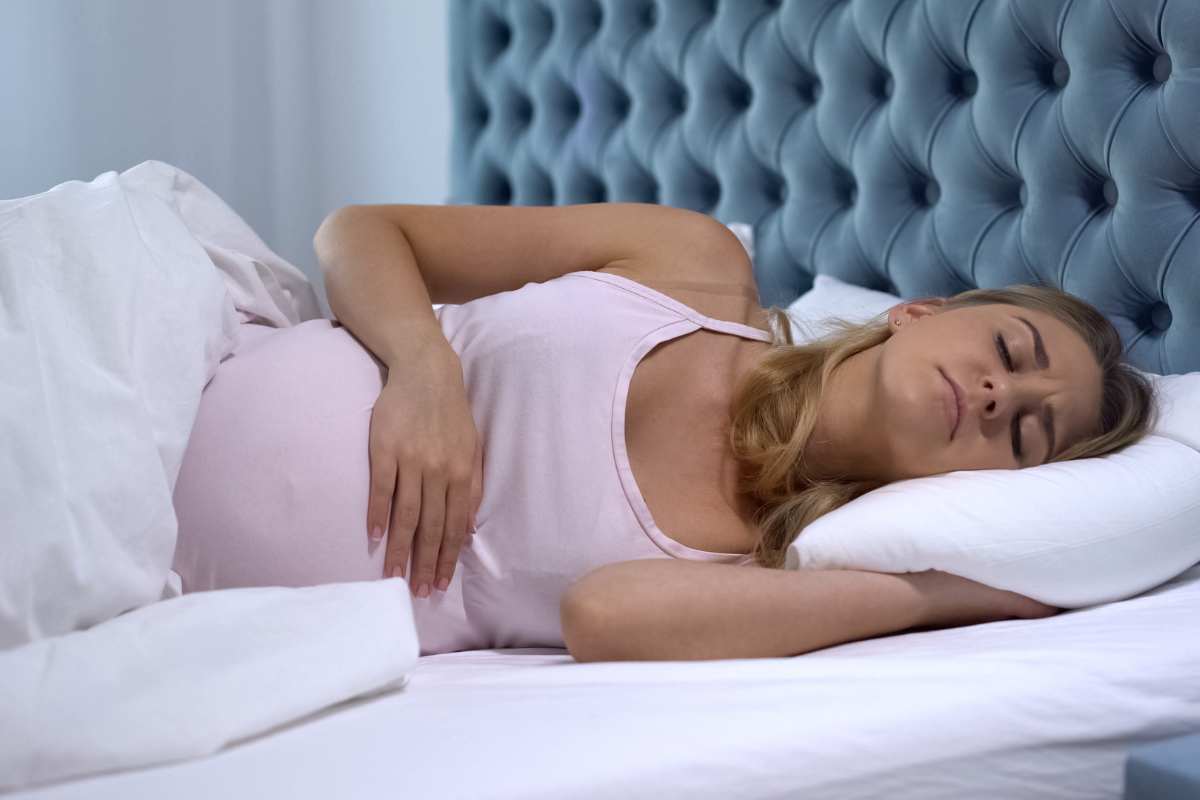
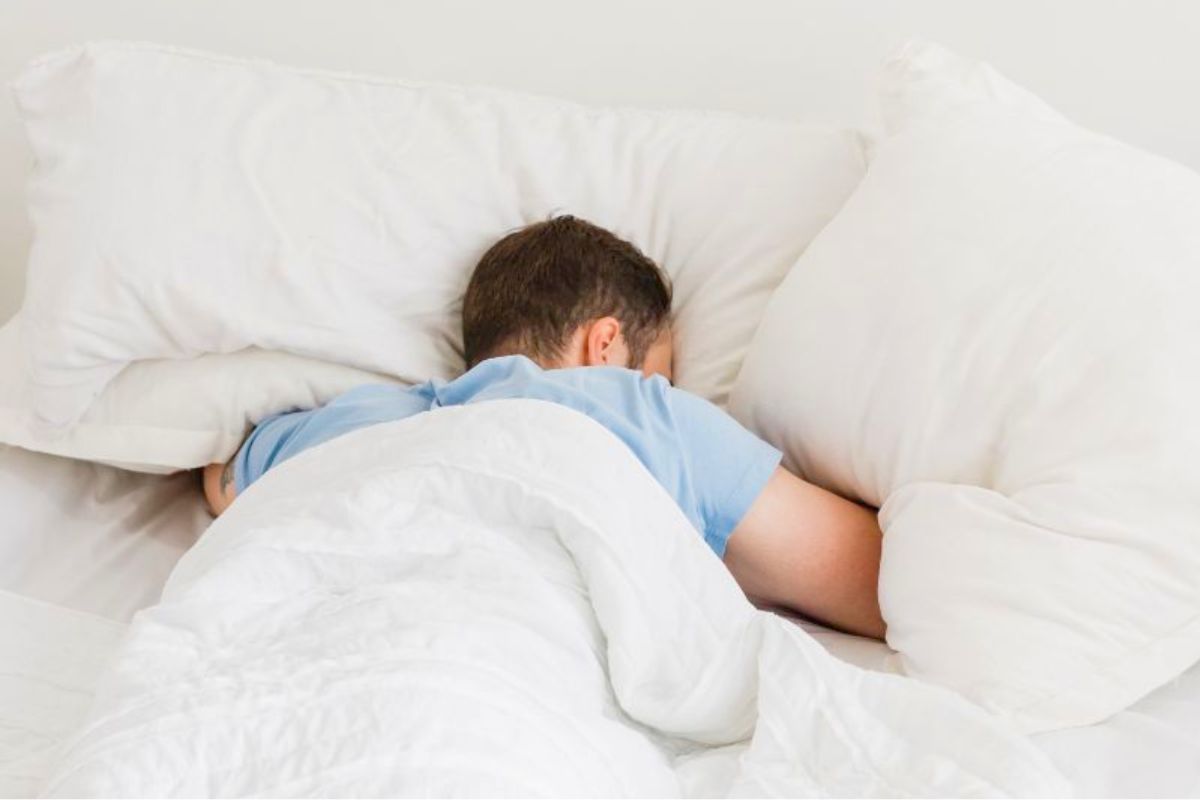
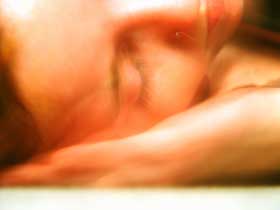
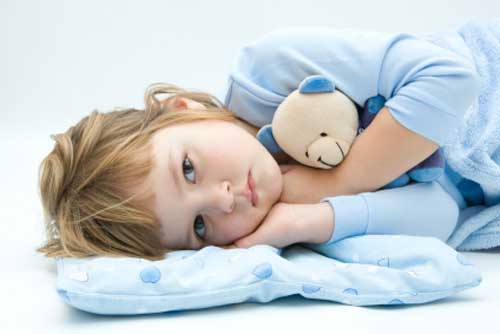


New! Comments
Share your tips and feedback. Leave me a comment in the box below.